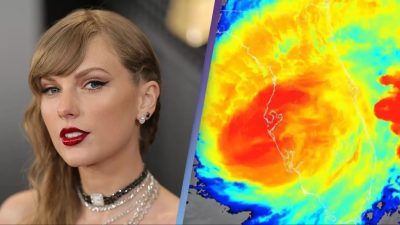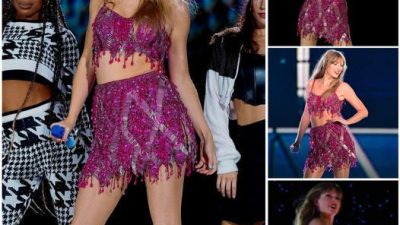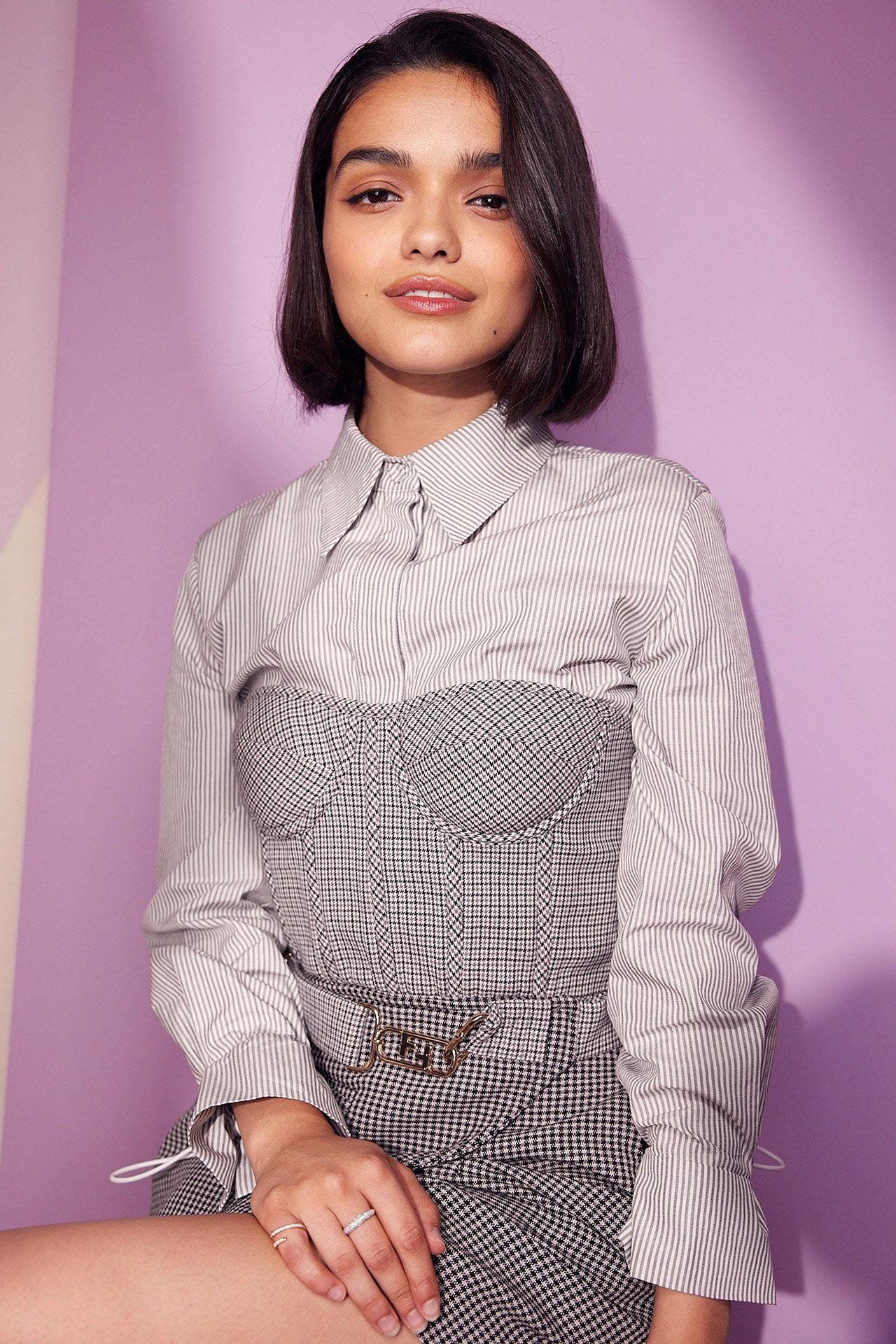
West Side Story actor and soon-to-be Disney princess Rachel Zegler has received backlash online for comments she has made about her rendition of Snow White being a “leader” and not prioritising falling in love.
Zegler’s trolling began with waves of racist remarks about her casting in the live-action movie in 2021, with many arguing that a Latina actress shouldn’t be playing a princess with famously pale skin. The latest criticism, however, is that she – and Disney – shouldn’t be discouraging young girls from being “saved” by a prince, or anyone, if that’s what they want.
The trouble is this: critics are taking what she has said out of context, and using facets of modern feminism, more specifically the importance of choice, to attack an attempt at empowering a Disney princess to do something other than fall in love.
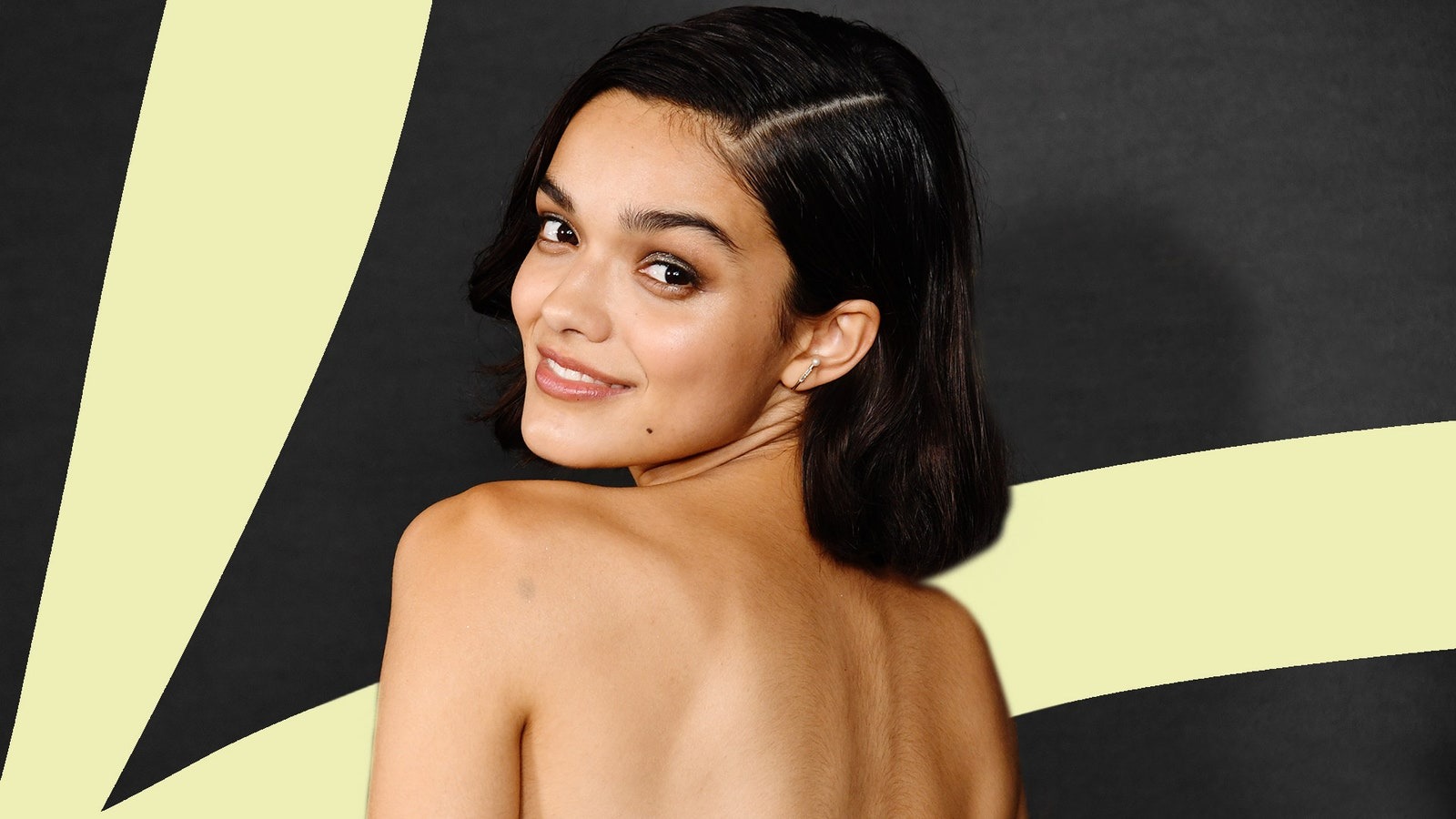
In a 2022 interview, Zegler said: “It’s no longer 1937. We absolutely wrote a Snow White that is not gonna be saved by the prince. And she’s not going to be dreaming about true love. She’s dreaming about becoming the leader she knows she can be.”
These comments have been dragged back into the dreaded online discourse by critics, who have taken to TikTok to hit back at Zegler and Disney’s take on Snow White, arguing that it’s “pseudofeminism”.
“Thinking that a woman is any less valuable because she falls in love or because she accepts help from somebody instead of girl bossing her way through her problems is not feminist,” one TikTokker says.
I personally agree with the above statement – it’s true that no individual is worth less because they fall in love. Why would one of the best human experiences available to us lessen our worth in any way? The problem here is that critics are assuming that prioritising or even championing the importance of one’s own empowerment somehow takes away from the validity of romance. Zegler said Snow White isn’t dreaming about true love – that’s fine. No one is questioning the validity of that experience here.
Another critic weighed in, insisting that we – and, by extension, Disney films – should be teaching younger generations that they have choices. That they can be saved, if that’s what they choose: “This is not what we should teach our girls. We should teach our girls that you’re able to have whatever it is you want. It’s OK to want to be saved. It’s OK to want Prince Charming. That, in itself, is feminism in my opinion.”
This is where it becomes clear that the messages seem to have been confused, and these “feminists” and Disney fans are trolling Zegler for no reason. At no point has she said that anyone shouldn’t be “saved” or “fall in love”. She’s saying this particular imagining of Snow White may not. And that’s OK.
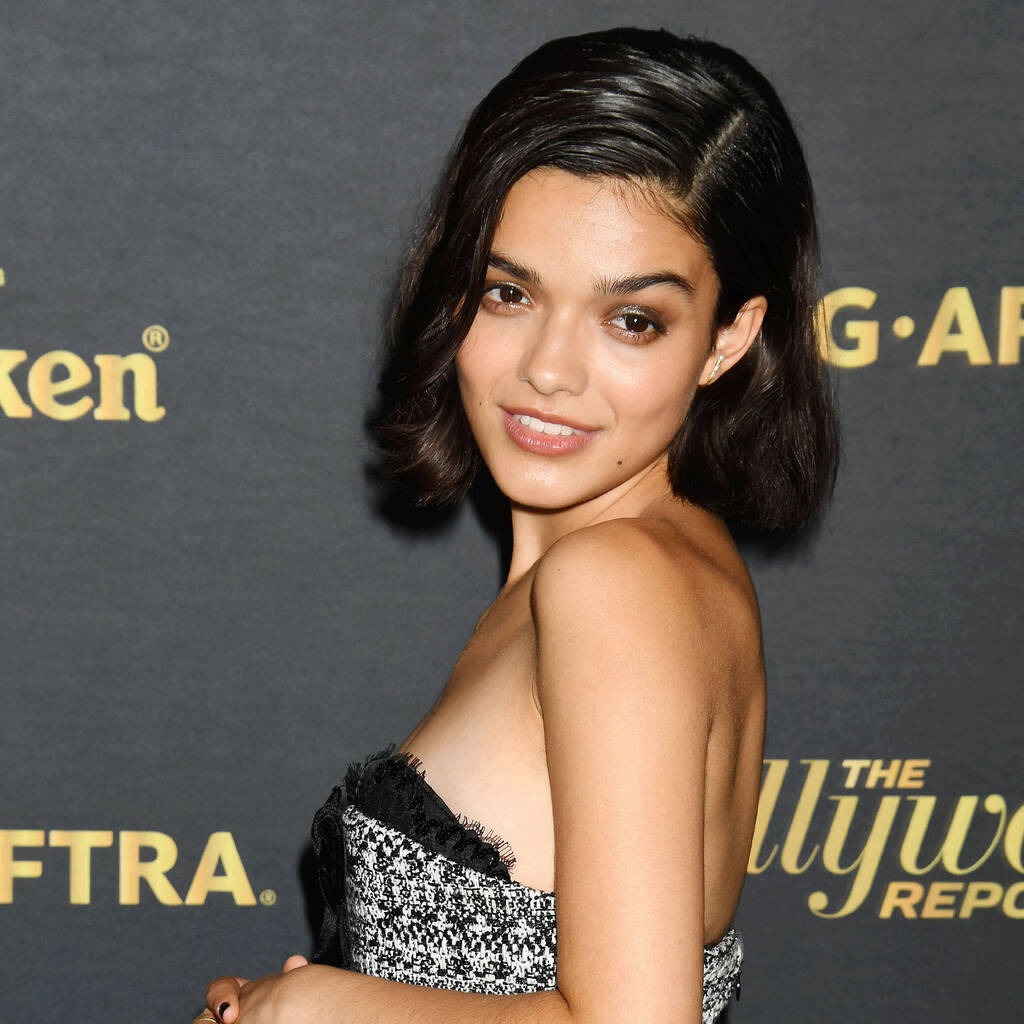
It’s not flying in the face of any romantic ideals, and don’t we have enough Disney princesses we can watch if we want to see a woman swept off her feet and fall in love? There is no shortage of these. The majority of the films I grew up with taught me that this was the only valid end point to the story of my life. Giving younger generations other options when it comes to where their life might take them can only be a healthy, progressive thing.
Really, the use of precious, helpful, invaluable feminist ideals to make a misguided and ill-thought-through criticism of a storyline of female empowerment is reductive and unhelpful. These facets of feminism shouldn’t ever be used to fight against progress.
Conservative groups are also attacking the film from a different angle, calling it overly progressive and woke. Much like the criticisms accusing Greta Gerwig’s Barbie movie of being “anti-man”, these viewpoints miss the point entirely. An attempt to tell a story from a different perspective isn’t looking to destroy other points of view, merely open up the scope for different narratives, and ways of life, to enjoy some spotlight.
Critics are assuming that championing the importance of one’s own empowerment somehow takes away from the validity of romance.
The main problem here is one that is frequently faced by a modern woman – can Rachel Zegler and her rendition of Snow White do right for doing wrong? Can an attempt to digress from the traditional path ever not receive blind criticism from all areas?
America Ferrera delivered an already-timeless monologue in Barbie, speaking of the “impossibility” of being a woman due to the conflicting expectations we fight against every day.
“I’m just so tired of watching myself and every single other woman tie herself into knots so that people will like us.” Rachel Zegler has found herself in a similar position here – it feels like she cannot win.
Can women ever just be congratulated for their efforts, whether they want to lead, fall in love, or neither of the above?

